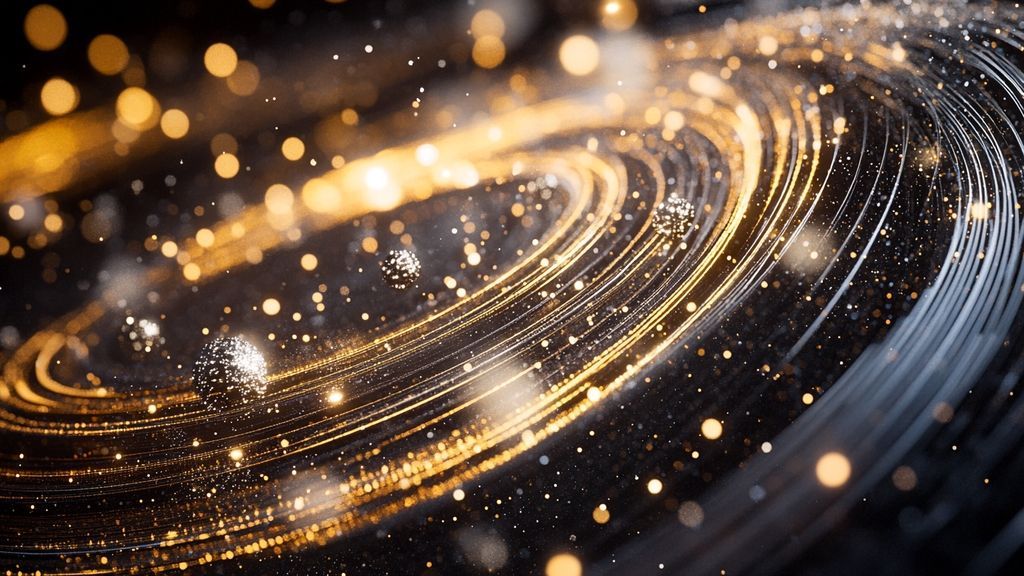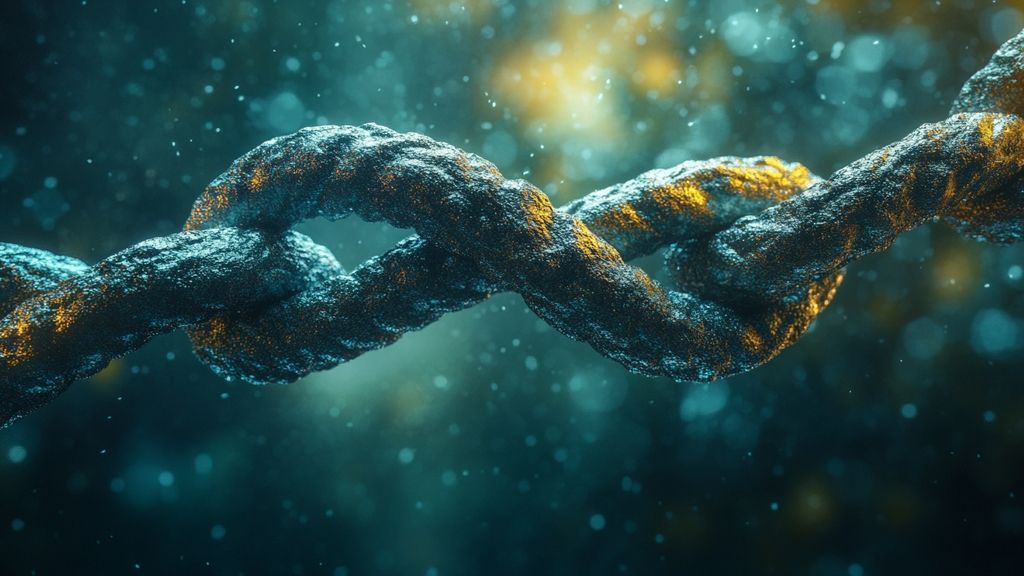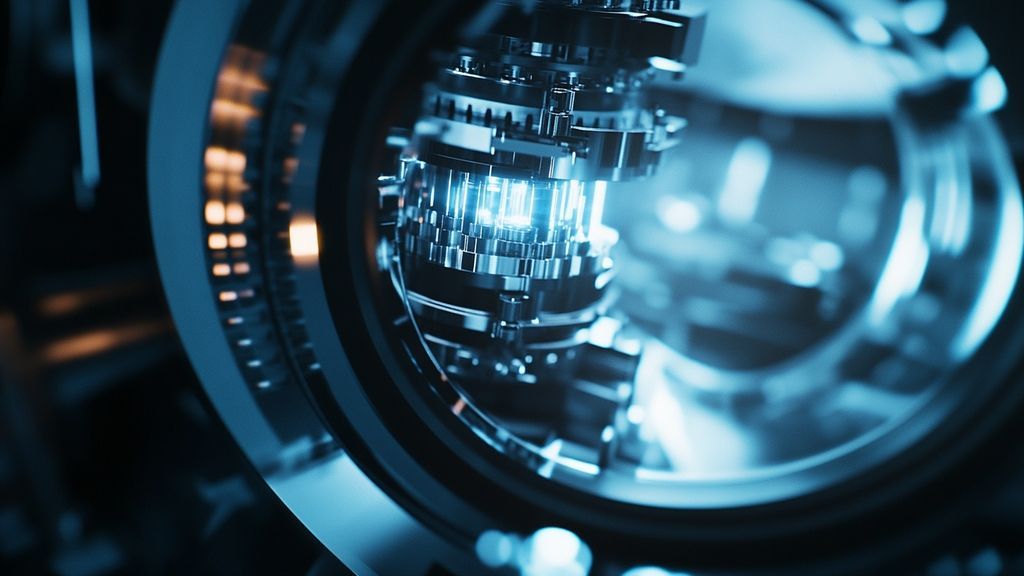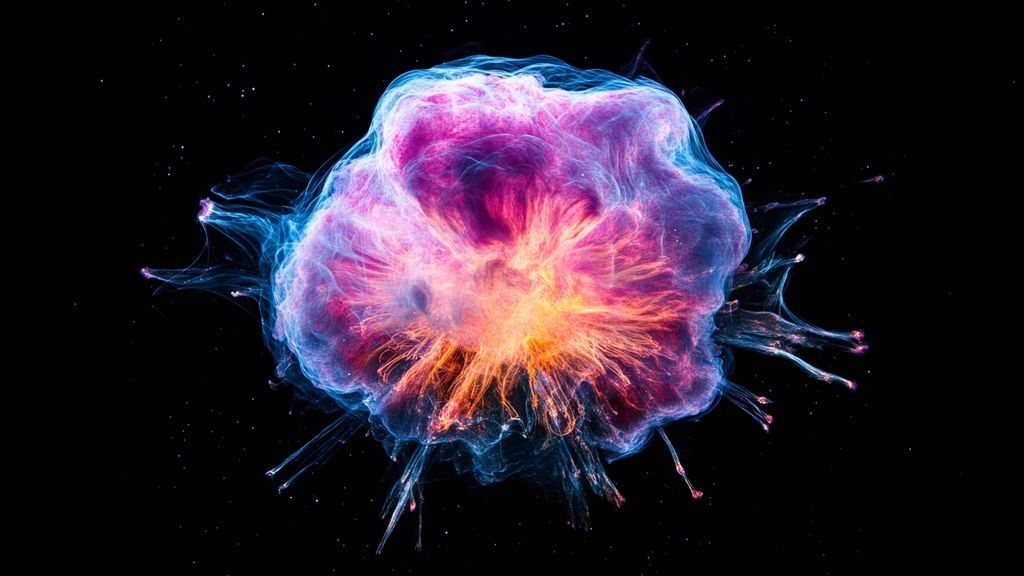Satellites and Orbital Physics: Understanding Space
IN BRIEF Orbital mechanics: study of the movements of objects in space. Satellite orbits: relationship between altitude and duration of presence in orbit. Kepler’s laws: foundations of observed planetary movements. Artificial satellite: man-made object orbiting around a celestial body. Trajectories: key concept in space mechanics for calculating orbits. Types of satellites: varieties ranging from meteorological … Read more









